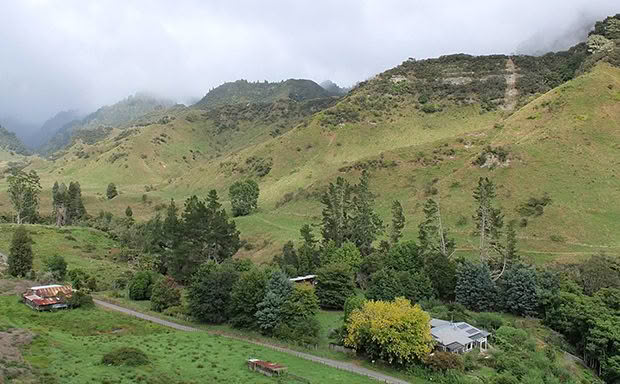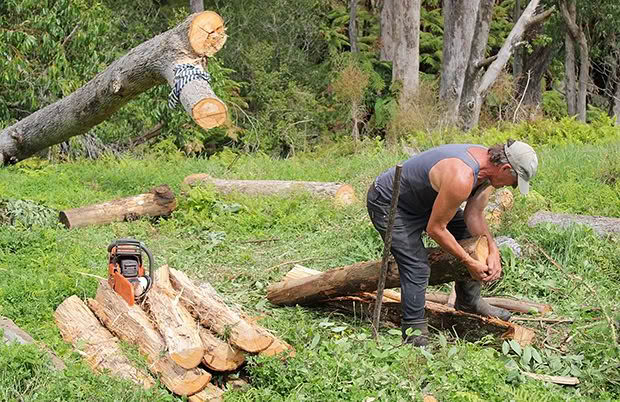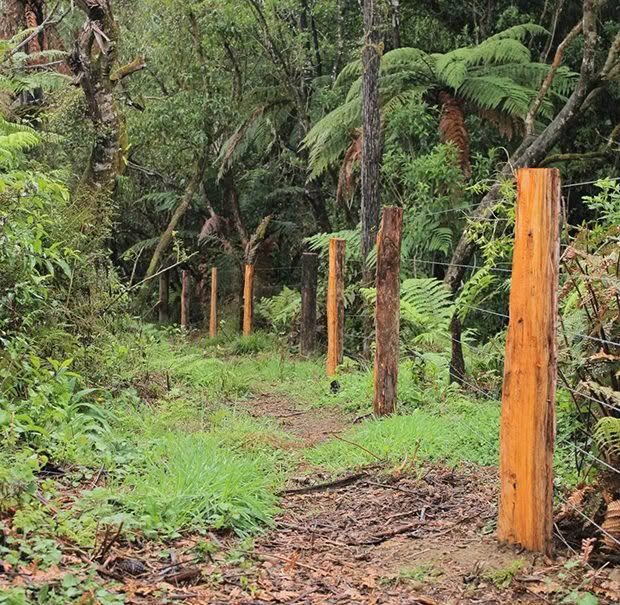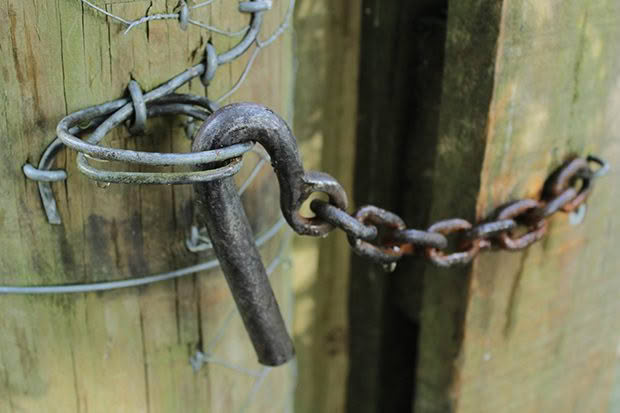Rebecca Stewart: A No. 8 wire attitude

Rebecca knows that the No. 8 wire rule is a way of life.
Photos: Summer Stewart
For those of us who grew up rural in the time of Fred Dagg and Barry Crump, the No. 8 wire mentality was a way of life. If you wanted something done in the backblocks you figured out how to do it yourself. As time passed it became MacGyvering and duct tape ruled alongside the metrically converted 4.00mm gauge wire. However, it might also have been due to the bloody-minded stubbornness of many rural folk.
According to Wikipedia the term “No. 8 wire” came to represent the ingenuity and resourcefulness of New Zealanders, and the phrase “a No. 8 wire mentality” evolved to describe the ability to create or repair machinery using whatever scrap materials are available on hand.

We are fortunate to have such qualities engrained, though this could partly be because we could never afford to pay someone to do things for us. As the old saying goes, if needs be, it must be done.
Luckily we live in the days of the internet with information at our fingertips. That ‘modern’ fencing wire knot you have been wanting to learn? It is just a YouTube clip away along with many other how-to methods. “How to best split a fallen gum into naturally ground-durable fence posts”, for example. Of course, trial and error is still a big part of life.
But as the stack of fence posts grows, not through spending (lacking) dollars, but through David’s mammoth effort, there is a new appreciation. The knowledge that a day’s hard work has yielded the resources needed to fence the ravine edge. And having done so in a fitting way for what we want to achieve on our land. No lightweight tanalised posts but sturdy, heavy untreated gum posts that should last longer than 40 years in the ground. Their value far surpasses what we would have spent on those pine posts, even with the time and energy spent producing them.

Someone once said to us ‘Time is money’. Well, I’ll reply: “If we use our time wisely, we will save ourselves money”. If we take the time to learn the skills and gain the knowledge we need to live this life, then we take ownership of our time and our lives.
This attitude applies to all aspects from learning how to grow, process and store our food, our health, and our land and livestock health. And also to find and create the items we need to improve our lives and build self-reliance to match our stubborn independent selves.

‘Community sufficiency’ is a current catchphrase. Everyone talks about how, if we all do what we do best and share that with the wider community, we all win. It is a wonderful idea. But our ‘community’ is far apart, our nearest neighbour being 2.5km away and many of them don’t live like us. So, forgive us if we choose to grow our self-sufficiency and self-reliance. It’s the way we are, the way we grew up and the reality of our world. But we continue to learn from those who have walked this path before us, and we will continue to share what we have learned along the way. The knowledge that we can do it ourselves is one of the best things in this life. Knowledge can build a steadfast mentality when things get tough, to hold our roots strong in the land, as strong as the No.8 wire attitude they emerged from.

Learn more about the Stewarts’ way of life in their book ‘Life on Fodder Farm – A Journey to Self-Sufficiency’ available in all good bookstores. And on their website fodderfarm.co.nz.

